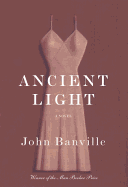MacArthur 'Geniuses' Include Díaz, Mengestu
The 23 winners of this year's MacArthur Foundation "genius" awards--formally known as the John D. and Catherine T. MacArthur Foundation fellowships--include two writers, Junot Díaz and Dinaw Mengestu. At least one another winner has published a book: David Finkel, a staff writer at the Washington Post, wrote The Good Soldiers, about an army battalion in Iraq. Each winner receives $100,000 a year for five years.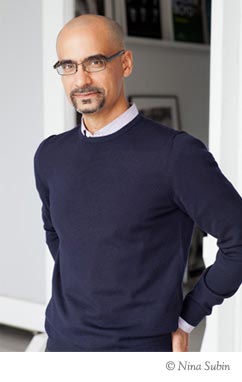 The Foundation described Díaz this way: "Fiction writer Junot Díaz won the 2008 Pulitzer Prize for his first novel, The Brief Wondrous Life of Oscar Wao. Mr. Díaz, who was born in the Dominican Republic and has lived in the U.S. since his teens, writes from his own experience and from the perspective of an immigrant." He also has just published This Is How You Lose Her.
The Foundation described Díaz this way: "Fiction writer Junot Díaz won the 2008 Pulitzer Prize for his first novel, The Brief Wondrous Life of Oscar Wao. Mr. Díaz, who was born in the Dominican Republic and has lived in the U.S. since his teens, writes from his own experience and from the perspective of an immigrant." He also has just published This Is How You Lose Her.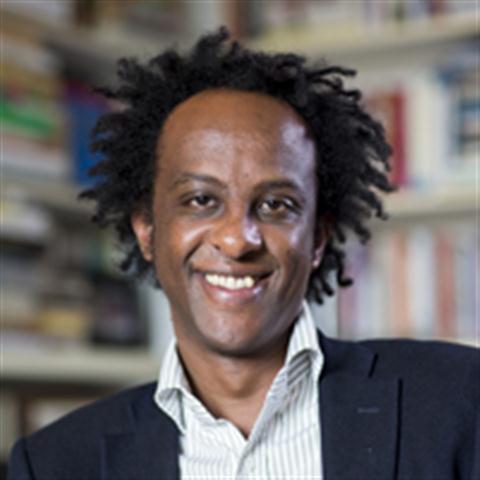 The Foundation wrote this about Dinaw Mengestu: "A young writer who was born in Ethiopia, Dinaw Mengestu writes novels and non-fiction pieces that shed light on the African diaspora in America. His work tells tales of immigrants who escaped from violence in their homelands. Mr. Mengestu is also a freelance journalist, recently travelling into sub-Saharan Africa to write about life in Darfur, northern Uganda, and eastern Congo near the border with Rwanda."
The Foundation wrote this about Dinaw Mengestu: "A young writer who was born in Ethiopia, Dinaw Mengestu writes novels and non-fiction pieces that shed light on the African diaspora in America. His work tells tales of immigrants who escaped from violence in their homelands. Mr. Mengestu is also a freelance journalist, recently travelling into sub-Saharan Africa to write about life in Darfur, northern Uganda, and eastern Congo near the border with Rwanda."
His works include How to Read the Air and The Beautiful Things That Heaven Bears.
Riverhead Books should be granted some kind of genius award, too. The Penguin imprint is publisher of both Díaz and Mengestu.












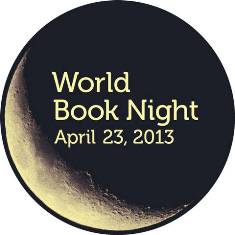 World Book Night U.S. has made several changes to its board:
World Book Night U.S. has made several changes to its board:
 "
" A week ago last Saturday, Ingrid Steffensen, author of Fast Girl: Don't Brake Until You See the Face of God and Other Good Advice from the Racetrack (Seal Press), arrived in style in her Lotus for her book launch at [words] Bookstore in Maplewood, N.J. Steffensen parked the car a few hours beforehand and put flyers on the Lotus to market the event. [words] owner Jonah Zimiles (at l. with Steffensen) commented: "I have always admired fast girls." Fast Girl chronicles the author's transformation from art history professor to racing car instructor.
A week ago last Saturday, Ingrid Steffensen, author of Fast Girl: Don't Brake Until You See the Face of God and Other Good Advice from the Racetrack (Seal Press), arrived in style in her Lotus for her book launch at [words] Bookstore in Maplewood, N.J. Steffensen parked the car a few hours beforehand and put flyers on the Lotus to market the event. [words] owner Jonah Zimiles (at l. with Steffensen) commented: "I have always admired fast girls." Fast Girl chronicles the author's transformation from art history professor to racing car instructor. Sarah Bagby, owner of
Sarah Bagby, owner of 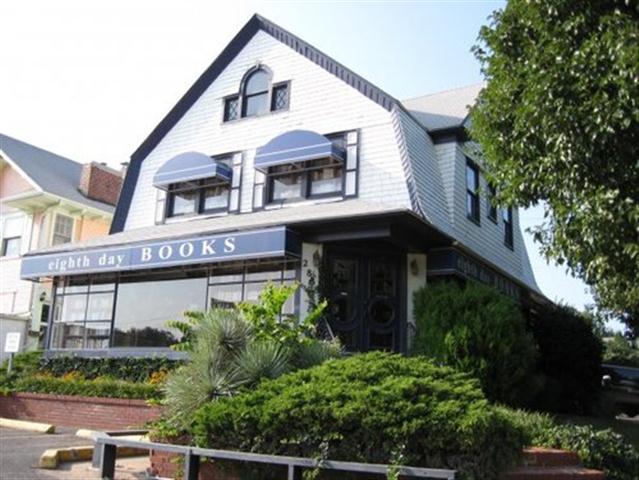 Warren Farha, owner of
Warren Farha, owner of 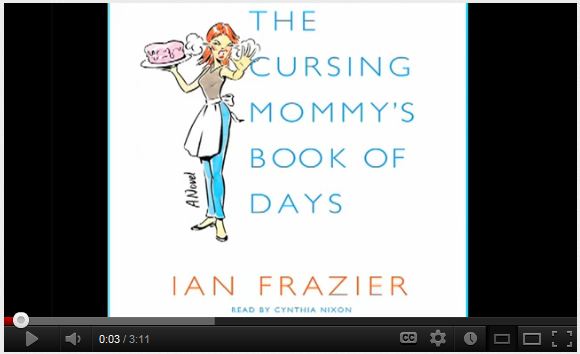
 What to Do Before Your Book Launch
What to Do Before Your Book Launch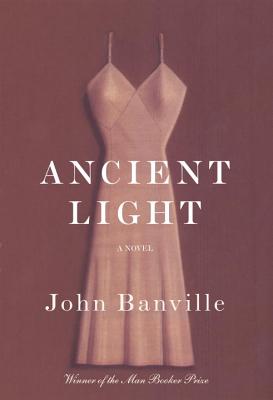 John Banville's Ancient Light uses English property law as a fundamental metaphor, with a title that invokes the right of a building or house owner to the light received from and through his windows, which, when used for 20 years or more, could not be obstructed by the erection of an edifice or by any other act by an adjacent landowner. Banville adds another layer of meaning, too, as protagonist Alexander Cleave engages in conversation with a fellow bar patron about "the ancient light of galaxies that travels for a million... miles to reach us." Wherever we look, Banville tells us, "we are looking into the past."
John Banville's Ancient Light uses English property law as a fundamental metaphor, with a title that invokes the right of a building or house owner to the light received from and through his windows, which, when used for 20 years or more, could not be obstructed by the erection of an edifice or by any other act by an adjacent landowner. Banville adds another layer of meaning, too, as protagonist Alexander Cleave engages in conversation with a fellow bar patron about "the ancient light of galaxies that travels for a million... miles to reach us." Wherever we look, Banville tells us, "we are looking into the past."